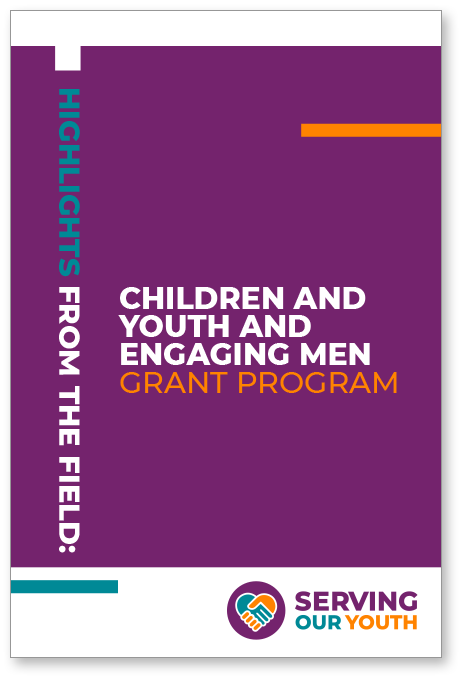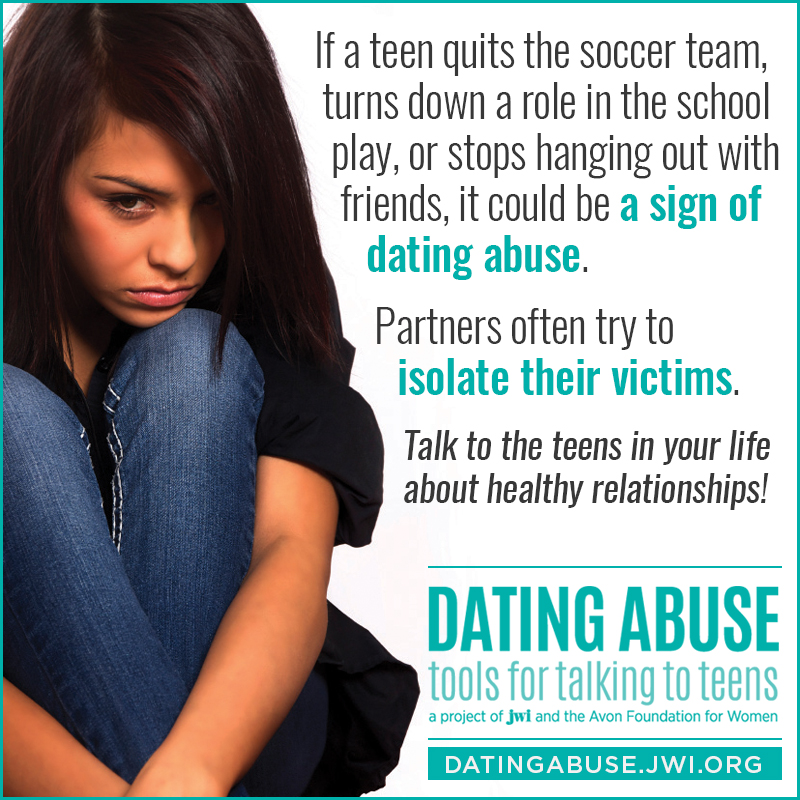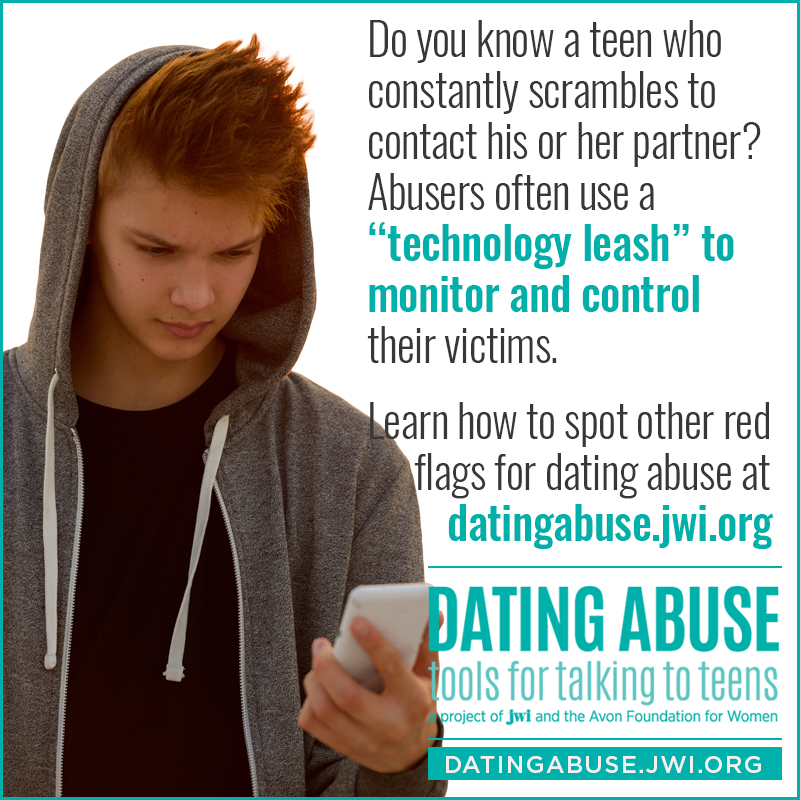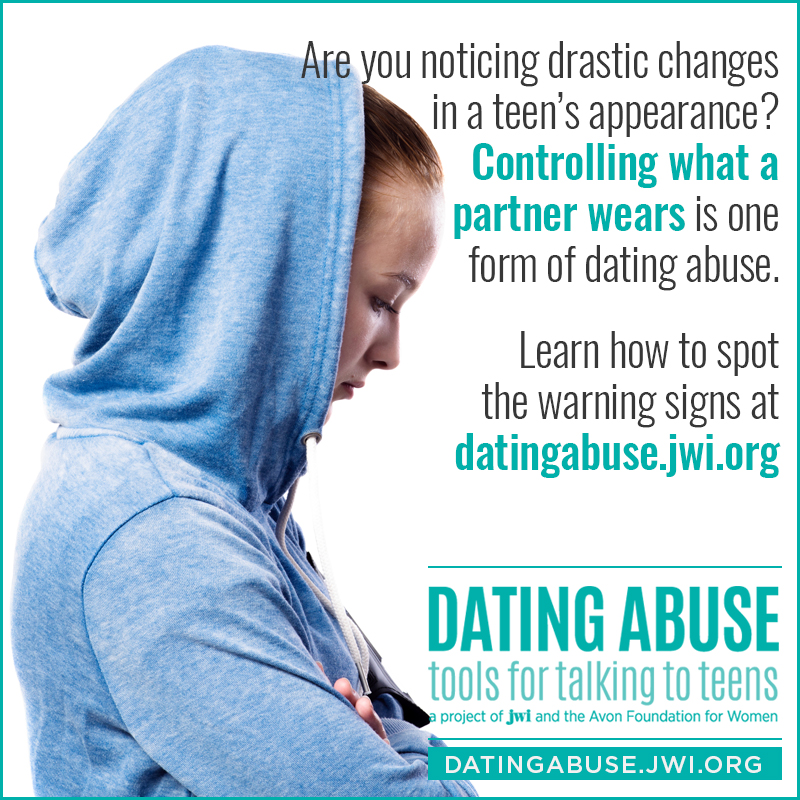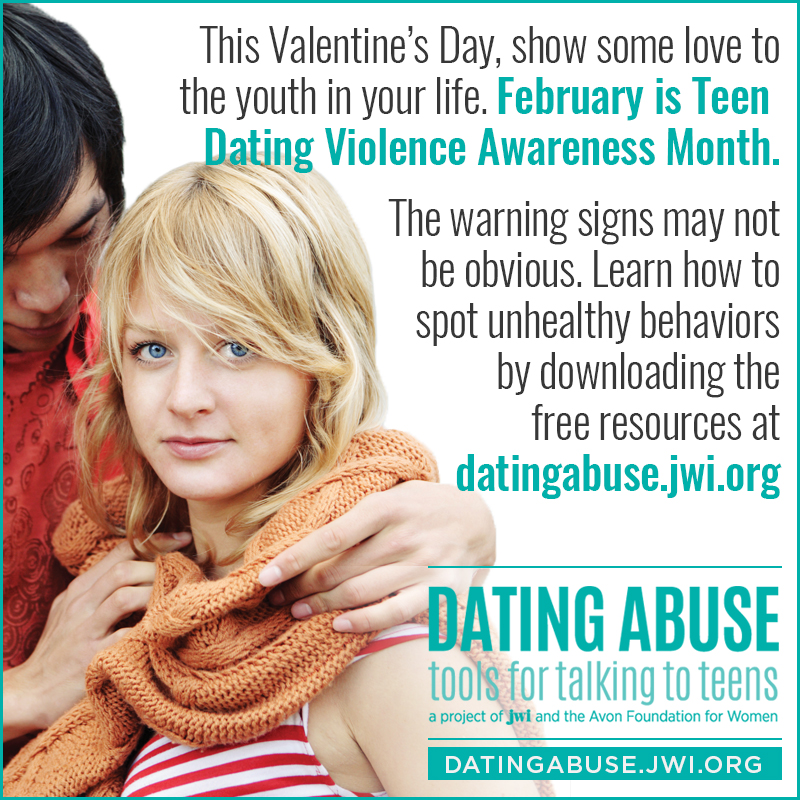As a grantee of the U.S. Office on Violence Against Women, JWI is featured in the booklet Highlights from the Field: The Children and Youth and Engaging Men and Boys Grant Program, compiled by Serving Our Youth. View the booklet here (JWI is featured on p. 10).
These workshops are available in high school and college versions, each tailored to start a meaningful conversation on healthy relationships. The programs can be single-sex or co-ed and easily facilitated by a college leader or an adult adviser. Email Sierra Schnitzer to bring them to your community.
"Yes and Know" encourages young people to reflect on their communication styles and consider how to identify and assert their needs to set boundaries and build healthy relationships.
Our "Ladies & Gentlemen" workshop provides an opportunity to examine how gender norms and expectations play a role in our lives and relationships. Participants think critically about the messages and pressures around gender and the impact on dating and relationships.
One in three teens is a victim of physical, emotional, sexual or verbal abuse from a dating partner. "Dating Abuse: Tools for Talking to Teens" teaches adults to reach teens with messages on safe, healthy relationships. Click here to access the program.
"When Push Come to Shove…It’s No Longer Love!®" is a 90-minute program designed to teach teens, young adults and college students about unhealthy and abusive relationships. The discussion guide takes participants through a combination of interactive exercises, guided discussions, text studies, and a short film that help them explore the dynamics of relationships, learn to recognize and respond to warning signs of an abusive relationship, and create action steps for raising awareness and working to end dating abuse.
While not all adolescent girls are participating in intimate relationships, they are continuously receiving subtle and explicit messages from friends, family, the media and pop culture about what it means to be ‘in a relationship.’ "Strong Girls" is a structured curriculum provides a safe place for teen girls to talk about dating and friendships, their insecurities and the pressures they face, all within a Jewish context. Available as a three-hour curriculum and a more in-depth six-hour version.
The "Good Guys" program explores issues of power and control, gender, self-esteem, masculinity and relationships, helping boys understand what it means to “be a man” in Judaism, and to articulate the kind of man they want to be. By teaching boys about the role they play in creating healthy relationships, while recognizing the pressures they face in being a ‘strong’ male, we can help equip them with the skills to make healthy relationship choices.
Get Smart educates teens in the Orthodox community about the importance of prenuptial agreements in which a husband promises to grant a get (Jewish divorce) in the event the marriage should end. Get abuse is an insidious form of abuse that can leave a divorced Jewish woman unable to move on with her life and marry again.
Contact Deborah Rosenbloom with any questions.
Boy to Mentsch is an initiative empowering the Orthodox Jewish community to embrace the Torah and Jewish values that can help Orthodox boys become true mentschen (good people). The project emphasizes healthy masculinity and guides parents and boys to raise and become complete people who express themselves, care about others and thrive as good husbands, friends and members of the community.
Boy to Mentsch includes a public awareness campaign and a variety of educational workshops for adult men, young men and boys in the Orthodox Baltimore community.
Contact Deborah Rosenbloom for more information.
This project is supported by Grant No. 2013-CY-AX-K010 awarded by the Office on Violence Against Women (OVW), United States Department of Justice (DOJ), with additional support from the David Berg Foundation. The opinions, findings, conclusions and recommendations expressed in this program are those of the authors and do not necessarily reflect the views of the funders.
February is Teen Dating Violence Awareness Month.
Children and young adults need a safe environment in which to thrive, but in the United States one in three teens experiences physical, emotional, or verbal abuse in a relationship. Awareness and open communication are essential to combat this violence.


